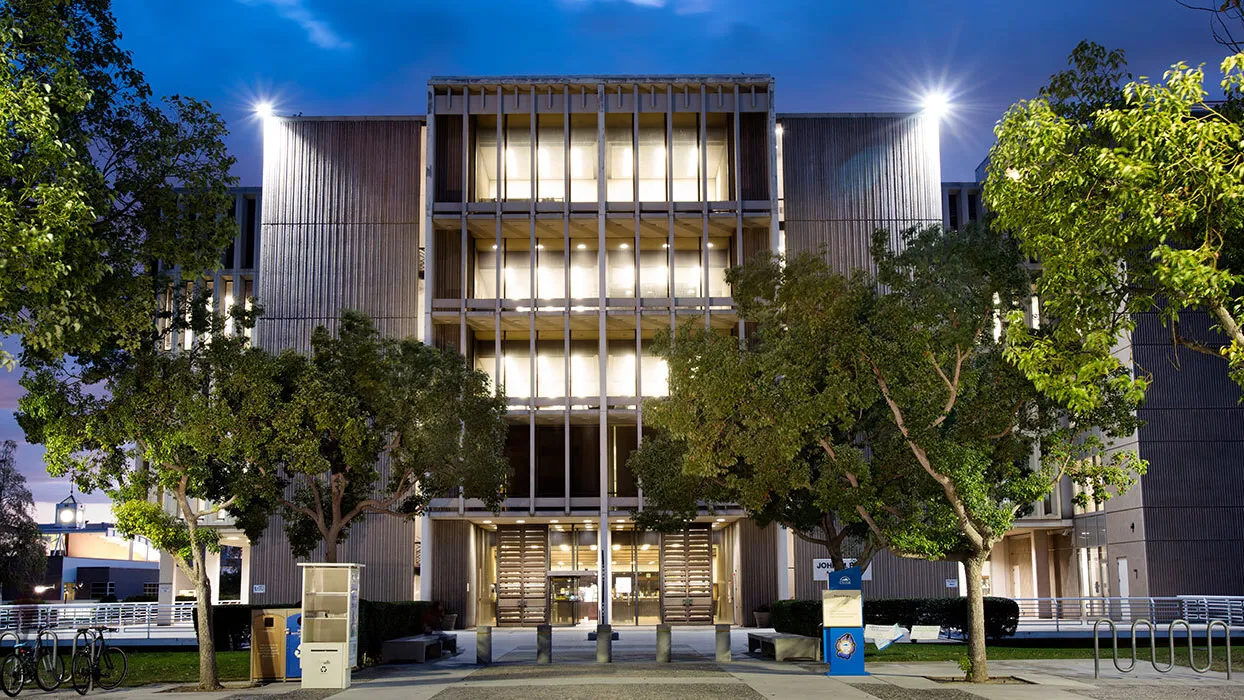
NOTE: Faculty, if you are interviewed and quoted by news media, or if your work has been cited, and you have an online link to the article or video, please let us know. Contact us at news@csusb.edu.
The news media continues to turn to Cal State San Bernardino faculty to help put perspective on current events for its readers and viewers.
Los Angeles television station interviewed Juan Delgado, professor of English, for its segment on Cinco de Mayo celebrations during a time of great debate over immigration issues. Some, its news crew reported, say that President Trump’s immigration policies made it difficult to celebrate the holiday, which commemorates Mexico’s defeated the French army in 1862 during the Battle of Puebla.
Delgado said the holiday is not celebrated in Mexico. But it picked up steam in the U.S. in the 1970s Chicano movement.
'But I think in this age we find ourselves,” he said. “We also are celebrating there's a history of resistance. There's a history of power. There's a history of unifying. I think some of these ceremonies now are galvanizing.'
He added the Trump administration has made life tough for many Latinos, including Dreamers on the Cal State San Bernardino campus. But he sees Cinco de Mayo and its celebration as a way to raise awareness.
'And activism, too,” Delgado said. “So I think you're going to be seeing some very different Cinco de Mayos.'
The article and its online video was posted May 5, 2017, and can be found at “Some people wary of celebrating Cinco de Mayo amid Trump immigration policies.”
In a nearly related matter, Enrique Murillo, professor of education, was one of the organizers of the “Mexican@ and Latin@ State Summit” that took place at UC Riverside on May 6. The aim of the summit was to create strategies to fight against Trump administration policies. ha
The article was published on May 6, 2017, and can be read at “State Sen. Kevin de Leon vows defiance against Trump polices at feisty UCR summit.”
Brian Levin, professor of criminal justice and director of the Center for the Study of Hate and Extremism, continues to be a go-to source on topics of hate crimes, bigotry and extremism. The National Public Radio program “1A” invited him to participate in a panel discussion about what constitutes a hate group, national and regional trends in hate crimes and hate speech, and whether labeling some conservative organizations as hate groups stifle public debate.
The show aired on May 3, 2017, and can be heard at “What is a hate group?” The Voice of America News website interviewed Levin about the U.S. Justice Department’s efforts to combat hate crimes. Such crimes have surged since Trump's election in November, amplifying worries about his Justice Department's commitment to carry on the previous administration's anti-hate crime campaign. The U.S. Justice Department sought to calm those concerns on May 2, however, saying it is going after hate crimes just as aggressively as it did under the administration of former President Barack Obama.
Eric Treene, the Justice Department's special counsel for religious discrimination, said the message from the White House and Attorney General Jeff Sessions has been to fight hate crime as part of a stepped-up anti-crime campaign.
Yet Levin said putting hate crime under the rubric of violent crime 'isn't very helpful.'
Data collected by the Center for the Study of Hate and Extremism show that hate crime rose 6 percent last year and has continued to grow in several metropolitan areas in 2017.
'Our research shows that statements by political leadership correlate to increases and reductions in hate crimes at critical times, like after terror attacks, and the committee rightly brought up the importance of moral leadership,' Levin said.
The article was published May 2, 2017, and can be read at “Justice Department defends record against hate crimes.”
The New York Times published an article that said a wave of hateful episodes and attacks have been reported across the country in recent months: threatening calls and notes, physical assaults and confrontations, and even deadly shootings, the newspaper reported. The response in at least a half-dozen states has been anti-hate legislation aimed at beefing up penalties and expanding definitions of what constitutes hate.
A study of law enforcement and government agencies’ data in 25 metropolitan areas showed the number of hate crimes jumped about 6 percent from 2015 to 2016. Hate crimes increased to 1,998 from 1,886, according to the Center for the Study of Hate and Extremism at California State University, San Bernardino.
“What you are seeing is this widespread feeling of fear and disenfranchisement,” said Brian Levin, the director of the center and a criminal justice professor. “Social, political and demographic changes are becoming so rapid and unpredictable that people are reverting back to a kind of tribalism and acting out with hate crimes or acts of uncivilized bigotry.”
The article published April 30, 2017, and also appeared in The Boston Globe. It can be read online at “Spread of hate crimes has lawmakers seeking harsher penalties.”